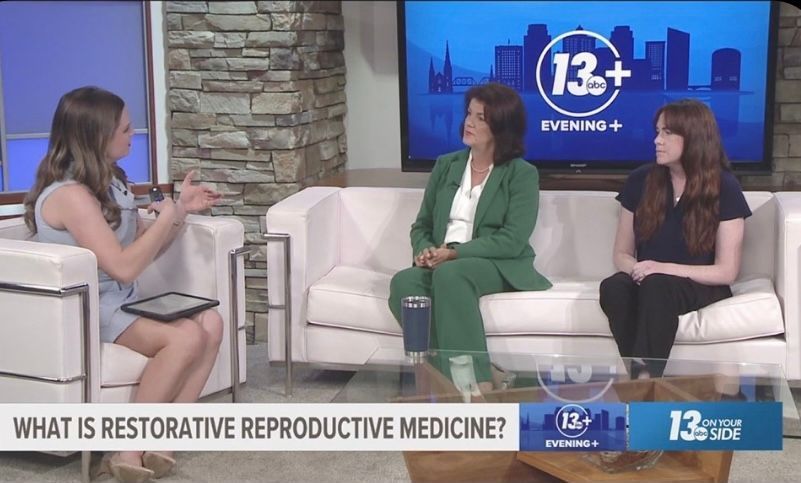For women who experience chronic or acute migraine, changes associated with pregnancy and postpartum can present new challenges to a difficult diagnosis. Variations in sleep, infant behavior such as crying or feeding schedules, and maternal hormone fluctuations can feel like unavoidable migraine triggers. For migraineurs, facing the thought of migraine headache without a plan can be scary. Let’s parse through fact and fiction about migraines and childbearing to determine how to prepare well for conception, pregnancy, and postpartum in a healthy and confident way.
The Facts
Roughly one in four women will suffer from a migraine attack during her lifetime. Most women will experience their first migraine before a pregnancy, although for some this will occur during a pregnancy. In general, there are two main migraine triggers to prepare for in pregnancy and postpartum: 1) sensitizing lifestyle factors (e.g. pregnancy symptoms and lifestyle changes with a newborn) and 2) hormonal shifts.
The good news is that 80-85% of women who suffer from migraines will experience some or total relief during pregnancy. Many women are able to comfortably discontinue previous migraine medications during pregnancy and postpartum. However, there are some things to be aware of. Some women who have migraine with aura notice the same frequency or severity in pregnancy. For others, common first trimester symptoms might trigger migraines:
- Nausea, vomiting (leading to dehydration)
- Appetite changes, food aversions (leading to skipping meals or change in nutrition)
- Fatigue
- Rapid changes in circulating hormones, particularly estrogen
- Nighttime awakenings due to increased urinary frequency
Most of these symptoms can be well-managed with lifestyle changes or therapies that are safe in pregnancy. With the transition to second and third trimester, estrogen levels stabilize in the body, early pregnancy symptoms often resolve, and migraine attacks generally reduce greatly.
Migraines with and without aura can both be associated with changing levels of estrogen. So the postpartum period is the next moment of susceptibility to migraine headaches. Some women experience this within the first week postpartum, with the prominent shift in hormones following labor and birth. Others don’t experience a shift that triggers migraine unless they discontinue breastfeeding or until regular periods return. However, some migraine medications and other therapies that weren’t safe in pregnancy can safely be resumed during postpartum and breastfeeding, which can help to alleviate returning migraine attacks.
Planning Before Pregnancy
While all migraine sufferers know that lifestyle factors such as nutrition, exercise, sleep, and stress play a role in migraines, many also rely on medication or other therapies to reduce the frequency and severity of migraine attacks. The two most common types of medications are preventive therapy medications and acute therapy medications. It is important to review all migraine medications with a healthcare professional prior to pregnancy. For instance, some of the preventive medications like topiramate and valproate are considered dangerous to a growing baby, even in the earliest days.
Once you’ve identified the medications to discontinue or to change, take some time to become aware of migraine triggers if you haven’t already. This will help you to know how to optimize your lifestyle and to have the most control over preventing migraines in your daily life. Consider working with a health coach to plan for physical activity, eliminate triggers you have found in your food and drink, and to implement other supportive daily choices for your nutrition, sleep, stress-management, and mood.
I’m Pregnant And I’m Still Having Migraines
The majority of women find that migraine intensity and frequency decrease during the second and third trimesters of pregnancy. Women who suffer from migraine have a higher tendency to experience a migraine attack in the week or so prior to their period when estrogen levels drop. So the thought is that this is due to the relatively high and stable level of circulating estrogen in the woman’s body in mid to late pregnancy, the body is less susceptible to migraine attack.
If migraine attacks are still occurring, or they are not responding to your treatment plan, talk with your healthcare professional. There are some options for acute therapies and preventive therapies that are safe in pregnancy. Additionally, your healthcare professional may discuss other options like supplements or complementary therapies.
Don’t Forget Postpartum
Whether or not a woman is breastfeeding, migraine attacks may reappear as early as the first week postpartum or when the menstrual period returns. Though not all reasons are known, both are often attributed to the shift in estrogen. Other postpartum changes that may result in sensitization and affect a woman’s migraine attacks include interruptions in sleep, stress changes, mood or anxiety disorders, skipped meals or change in diet, and any other personal factors that have been found to contribute to migraine. Anecdotally, some women report that postpartum migraines feel worse. It is unknown if this is due to the severity of the migraine, or due to the inability of being able to rest and recover as one usually would. Either way, it is important to find a way to approach migraine attack and find relief for the postpartum woman.
There are many safe migraine medications that you can take during breastfeeding, and other available alternative therapies as well. One resource to explore medications in pregnancy and postpartum is MothertoBaby. Additionally, plan for “baby breaks.” This is a common recommendation to prevent postpartum depression and anxiety, and it can also help prevent migraine. Occasional breaks of 1-2 hours to nap or exercise reduce triggers that may elicit migraine attack. Having a family member or friend “on-call” for at-home support will also allow you to take time to lie down in a dark room to begin recovery when migraine does occur.
Headache Warning Signs
One of the challenges of the headache in pregnancy and postpartum is to define if the headache is a migraine attack, or if it is caused by something else. There are two different kinds of migraine disorders:
- Primary Headache Disorders: usually referring to migraine or tension headaches. Will often feel the same during pregnancy or postpartum as they usually do; not associated with new symptoms simply because of pregnancy.
- Secondary Headache Disorders: Pregnant and newly postpartum women are at higher risk for various healthcare concerns that include headache as a symptom including preeclampsia or eclampsia, venous thromboembolism (VTE), stroke. Other symptoms may accompany secondary headache disorders
If you experience any of the following symptoms along with a headache, please seek medical attention: the worst headache of your life, accompanied by a stiff neck, fever, severe, lasting >24 hrs, doesn’t get better with medicine.
Questions About Migraine And Pregnancy?
Our Reply clinicians are here for you. Schedule a preconception or new pregnancy appointment with one of our physicians or nurse midwives online or by calling our office at 919-230-2100. If you have specific questions about migraines you may also click here to securely submit your question to our provider team. We will continue to answer them across our social media channels and here on our website.











